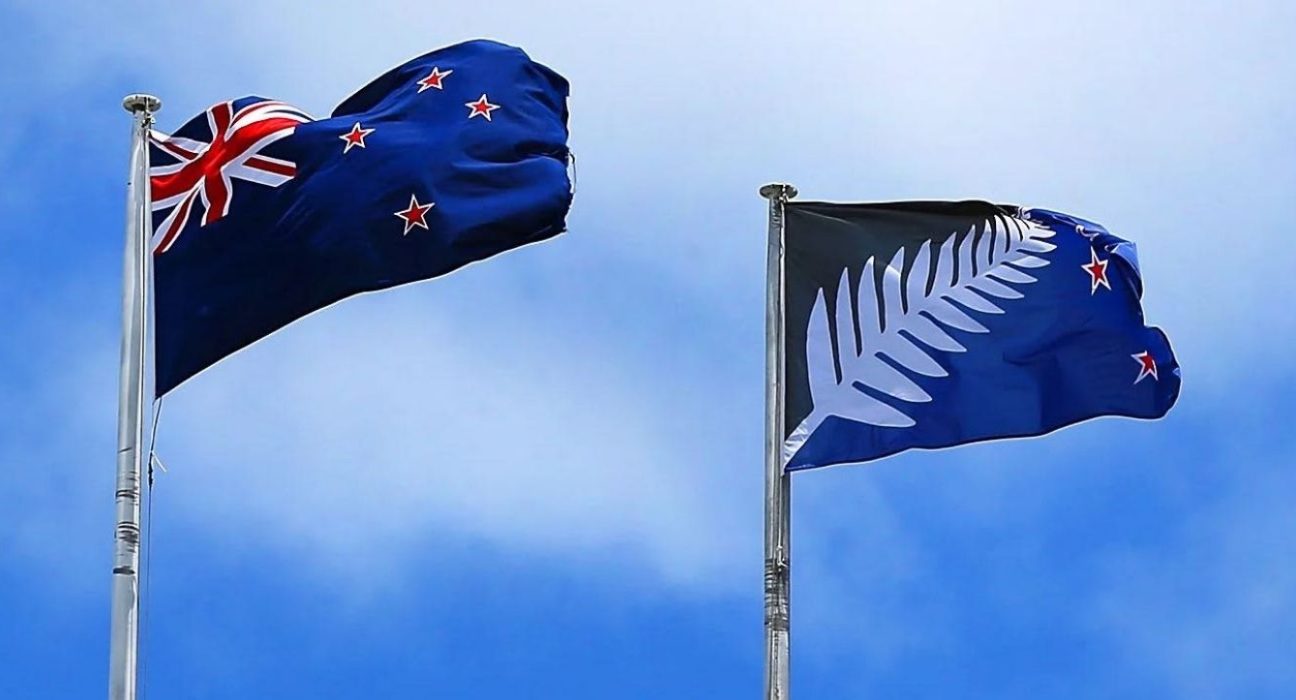New Zealand’s Labour government is preparing to unveil its 2023-24 budget on Thursday, which it has described as a “no frills” one. The budget is expected to show a worse fiscal and economic outlook than previously forecast, as the country grapples with the effects of inflation and natural disasters.
The government has already announced some of the measures that will be included in the budget, such as:
– Cutting NZ$4 billion in spending from various programmes
– Setting aside funds for social welfare assistance, cyclone recovery and defence staff pay
– Focusing on “bread and butter issues” such as health, education and housing
Prime Minister Chris Hipkins said that the budget would reflect the government’s priorities and the expectations of New Zealanders.
“New Zealanders are expecting us to focus on the core issues that are affecting them. They’ll see that’s what we’ve done in the budget,” Hipkins said at his weekly Monday press conference.
New Zealand’s economy is weaker than expected due to inflation and weather events
The budget comes at a time when New Zealand’s economy is facing significant headwinds. The country was hit by two major weather events at the start of the year: Cyclone Ana and Cyclone Bola, which caused an estimated NZ$9 billion and NZ$14.5 billion in damage respectively. The government is expected to bear about half of the cost of rebuilding.
The country is also dealing with rising inflation, which has prompted the Reserve Bank of New Zealand (RBNZ) to hike interest rates aggressively. Inflation reached 5.3% in the third quarter of 2022, the highest level since 1990. The RBNZ has raised its official cash rate four times since August 2022, from 0.25% to 1.75%, and signalled more increases to come.
Finance Minister Grant Robertson said that the government was mindful of the impact of inflation on households and businesses, and that it would avoid adding fuel to the fire by spending too much.
“We have to be careful not to overstimulate the economy at a time when inflation is high,” Robertson said in a speech last week.
Robertson also said that the government was committed to maintaining fiscal discipline and returning to surplus by 2024-25. However, this goal may be harder to achieve than previously thought, as tax revenues have been lower than expected and economic growth has been weaker than forecast.
According to the latest figures from the Treasury, tax revenues for the nine months to March 2023 were 2.7% lower than projected, while GDP growth for the year ended June 2022 was revised down from 4% to 3.1%.
Economists expect the Treasury to downgrade its economic forecasts further in the budget, reflecting the impact of inflation, weather events and global uncertainty.
ASB Bank senior economist Mark Smith said that the budget would likely show a more sizeable deterioration in the public debt relative to December 2022 forecasts, and that this would result in a higher bond tender issuance.
“The Budget packages will likely be more targeted, appearing more fiscally responsible and prudent,” Smith added.
New Zealand’s budget will have implications for its politics and international relations
The budget will also have political and international implications for New Zealand, as it faces a general election in November 2023 and navigates a complex geopolitical environment.
Hipkins became prime minister in October 2022 after Jacinda Ardern resigned for personal reasons. He leads a coalition government with the Green Party and New Zealand First, which have different views on some key issues such as climate change, immigration and foreign policy.
Hipkins will have to balance the demands of his coalition partners and his own party with the needs of the electorate, which may be feeling the pinch of inflation and lower living standards.
He will also have to manage New Zealand’s relations with its allies and partners, especially Australia, China and the United States, which have been strained by various disputes over trade, human rights and security.
Hipkins has said that he wants to maintain a constructive and independent foreign policy that reflects New Zealand’s values and interests.
“We are not afraid to speak our mind on issues that matter to us,” Hipkins said in a speech last month.
The budget will be an opportunity for Hipkins to demonstrate his leadership skills and his vision for New Zealand’s future. It will also be a test of his popularity and credibility ahead of next year’s election.










